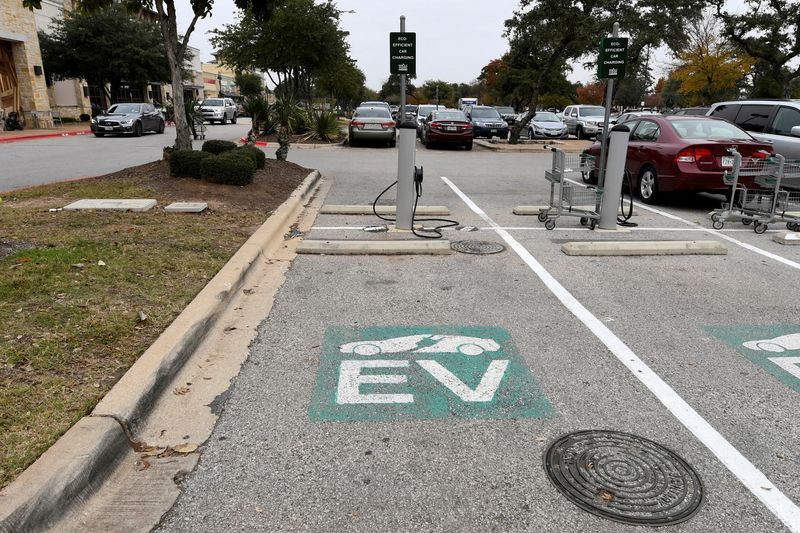This post was originally published on this site

As electric vehicle makers in the U.S. market scramble to find ways to comply with a climate bill currently moving through congress, the World Trade Organization voiced its opinion on the impending changes. According to Reuters, the European Union is “deeply concerned.”
Under a provision of the $430 billion climate and energy bill, U.S. buyers of zero-emissions electric vehicles would be eligible for tax credits worth up to $7,500.
However, domestic content conditions would apply to the tax breaks to push the EV industry away from reliance on China and spur local investment in battery minerals and manufacturing.
Along with price caps for sedans and SUVs, another determining factor for tax credit qualification is a requirement that the final assembly of the car would need to be in North America. Additional qualifiers include limitations on where key materials for batteries can come from and a mandate that a specified portion of battery components must be manufactured or assembled in North America.
Miriam Garcia Ferrer, a spokesperson of the European Union said, “We think it’s discriminatory, that it is discriminating against foreign producers in relation to U.S. producers. Of course, this would mean that it would be incompatible with the WTO.”
The EU agrees with Washington that tax credits are an important incentive to drive demand for EVs and promote sustainable transport and a reduction in greenhouse gas emissions.
“But we need to ensure that the measures introduced are fair and…non-discriminatory,” Garcia Ferrer said. “So we continue to urge the United States to remove these discriminatory elements from the bill and ensure that it is fully compliant with the WTO.”
The EV tax break is part of the Inflation Reduction Act, which is likely to be passed by the House of Representatives. The bill will then be sent to the White House where President Joe Biden is expected to sign it into law on Friday.




